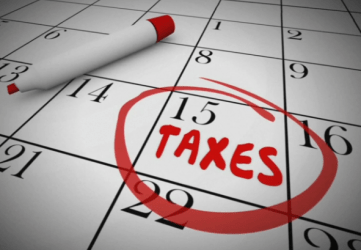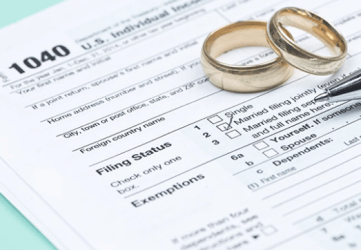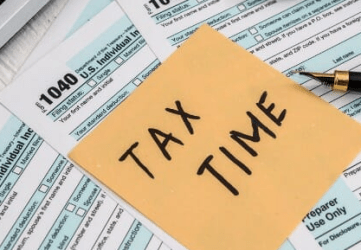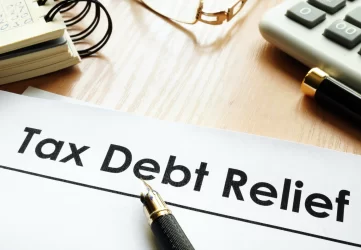Facing a layoff is challenging, and dealing with IRS debt at the same time can be overwhelming. The good news is that there are options to manage and potentially reduce your IRS debt if you’ve lost your job. This article will guide you through various strategies to handle your tax debt during such difficult times.
Understanding Your Options
If you have been laid off and are struggling with IRS debt, several options are available to help you manage and potentially reduce your debt:
1. Offer in Compromise
An Offer in Compromise (OIC) allows you to settle your tax debt for less than the full amount you owe. The IRS considers your ability to pay, income, expenses, and asset equity to determine if you qualify. This can be a viable option if you are facing financial hardship due to unemployment. Learn more about the Offer in Compromise program on the IRS website.
2. Currently Not Collectible Status
If you cannot pay your tax debt due to your financial situation, you can request the IRS to place your account in Currently Not Collectible (CNC) status. This means the IRS will temporarily stop collection actions against you. However, interest and penalties will continue to accrue. You can find more information about CNC status here.
3. Installment Agreement
An installment agreement allows you to pay your tax debt over time in monthly payments. This can be a helpful option if you have some income but cannot pay your debt in full. The IRS offers several types of installment agreements, depending on your financial situation. Learn more about setting up an installment agreement.
4. Penalty Abatement
You may qualify for penalty abatement if you can show reasonable cause for failing to pay your taxes on time. Reasons can include job loss, serious illness, or other circumstances beyond your control. For more details, visit the IRS page on penalty relief.
Steps to Take if You Are Laid Off
If you’ve been laid off and are struggling with IRS debt, follow these steps:
- Evaluate Your Financial Situation: Assess your current income, expenses, and any savings you have.
- Contact the IRS: Communicate with the IRS to discuss your situation and explore available options.
- Consider Professional Help: Consulting with a tax professional can help you navigate your options and find the best solution for your situation.
Frequently Asked Questions
Can the IRS garnish my unemployment benefits?
Generally, the IRS cannot garnish unemployment benefits. However, they can levy other sources of income, so it’s crucial to address your tax debt as soon as possible.
What happens if I ignore my IRS debt?
Ignoring your IRS debt can lead to severe consequences, including wage garnishments, bank levies, and liens on your property. It’s essential to communicate with the IRS and explore your options to avoid these actions.
This article is sponsored by the tax professionals at the Law Office of Jason Carr. Contact the Law Office of Jason Carr. Call us at 888-661-6583 for assistance. By working with a tax professional at the Law Office of Jason Carr, you can ensure that your tax situation is handled efficiently and accurately. Services include: audit defense, unfiled tax returns, assisting with all IRS notices, IRS transcripts, offer in compromise negotiations, innocent spouse, multiple years of tax preparation, removing tax liens, stopping IRS levy, crypto taxes, stopping wage garnishments, all other tax matters.





